This year, despite some bad weather, the Spanish stone fruit campaign is starting earlier in almost all producing areas. In general, fewer volumes are expected due to the weather conditions and the reduction of the acreage; a consequence of last year's price crisis.
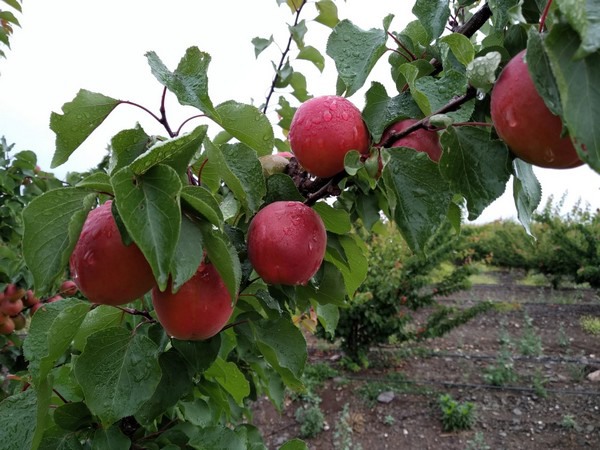
"The campaign appears to be a little more advanced than usual this year," says Daniel Blanco, commercial director of the Andalusian company Mogalla. “However, it is also true that due to the rainy and cool month of April, the harvest has been slowed down somewhat. We usually start in the first weeks of May and this year we may start at the end of this week; that is, between 7 and 10 days early.”
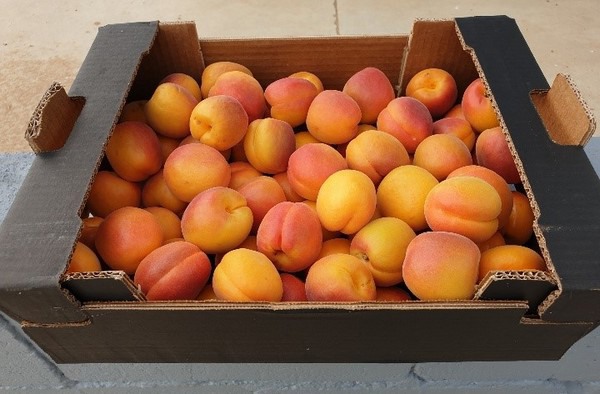
According to the commercial director of this company, reductions in the stone fruit production have been reported in all areas of Spain. “This year, volumes will drop by around 35-40% due to the lack of cold this winter and the problems with the setting. Also, in recent weeks, Spain has suffered several storms accompanied by hail which have damaged part of the production of many farms. The uprooting of plantations has also contributed to this reduction.”
"Since there's a smaller production, we expect the sizes to be larger. As for the Brix, it must be said that early fruit is not usually characterized by a high Brix, given its short cycle. Still, we hope that when the rains stop and we have some consecutive days of sunshine and heat, the Brix degrees in the fruit will increase,” says Daniel Blanco.
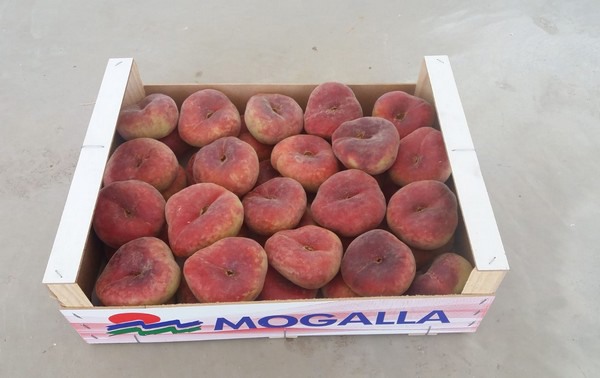
Within the stone fruit range, Mogalla remains focused on apricots. “Last year, at the end of the campaign, we restructured our apricot plantations, removing some varieties that were no longer profitable and replacing them with new and better varieties, with a consolidation of the red varieties. We have also expanded our Paraguayo peach plantations with new varieties with the idea of extending our campaign for several more weeks.” Mogalla produces around 1,200 tons of apricots and around 500 tons of Paraguayo peaches.
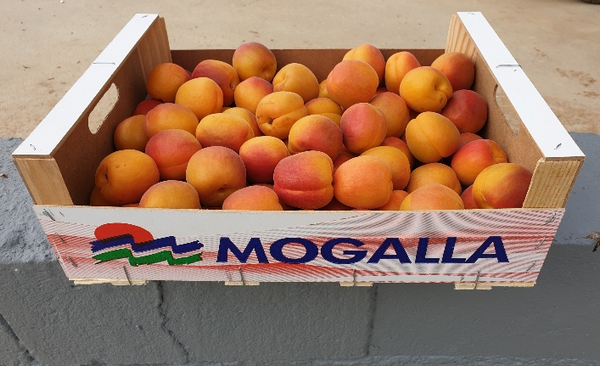
As for how the demand is expected to react in a market shaped by the lockdowns and quarantines, Daniel Blanco believes that it remains to be seen.
“Since the start of the situation caused by the COVID-19 pandemic, we have observed changes in consumer purchasing habits. We, for example, are currently finishing with the citrus marketing, with a demand that has not stopped growing. At the same time, we have the situation of strawberry producers and marketers in mind, as they are dealing with a drastic drop in the demand that has been causing serious problems for the sector. I hope that the arrival of stone fruit on the markets will serve to offer the consumer a wider range of fruits."
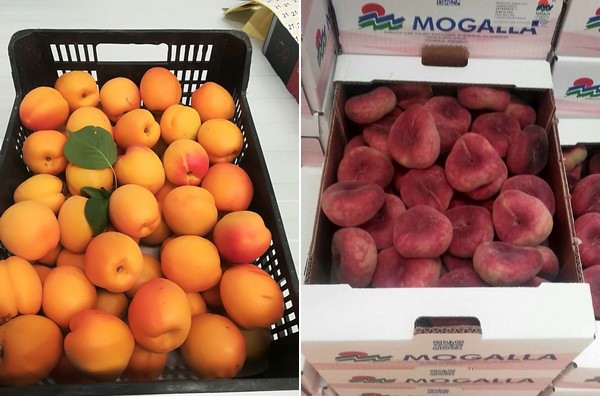
The stone fruit produced by this company is mostly early and almost all of it is sold in Europe, with the exception of some shipments to Canada. “Given the precocity of our fruit, we hit the market at a time when there is not much supply available yet, so we don't need to explore distant markets, like Asia. I understand that Asia is interesting, but only in other moments of the campaign, with a more abundant supply and products that can withstand the trip without problems."
 For more information:
For more information:
Daniel Blanco
Mogalla S.A.T.
Carretera Sevilla – Ayamonte, km 104.
Huelva, Andalucía. Spain.
T: +34 954 934 272
M: +34 600 422 318
[email protected]
www.mogalla.com










